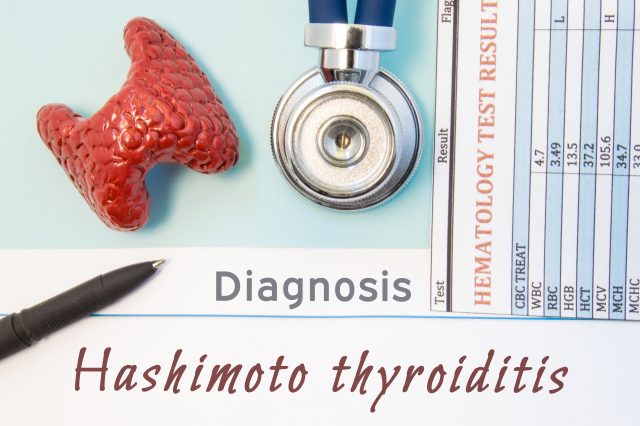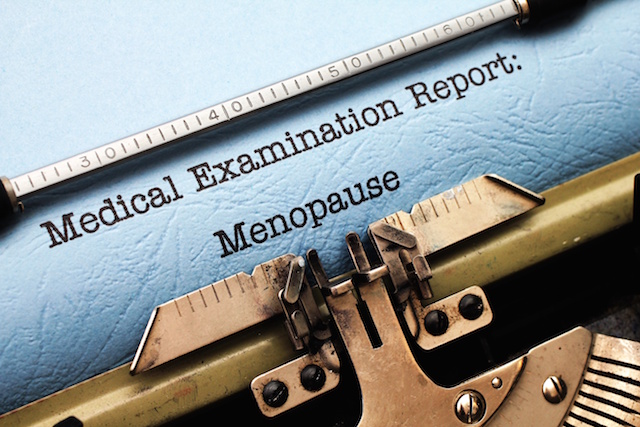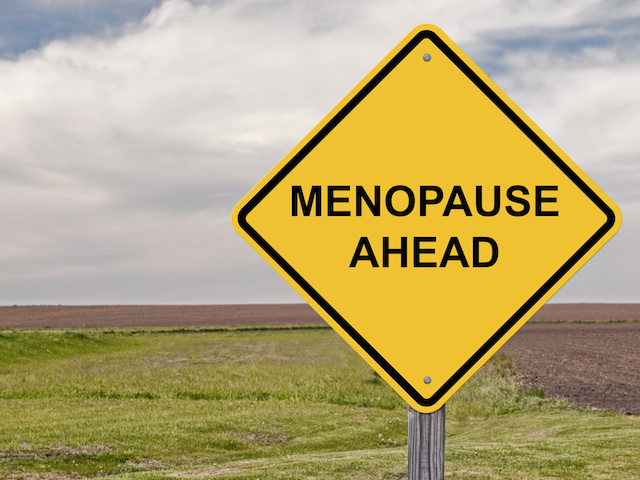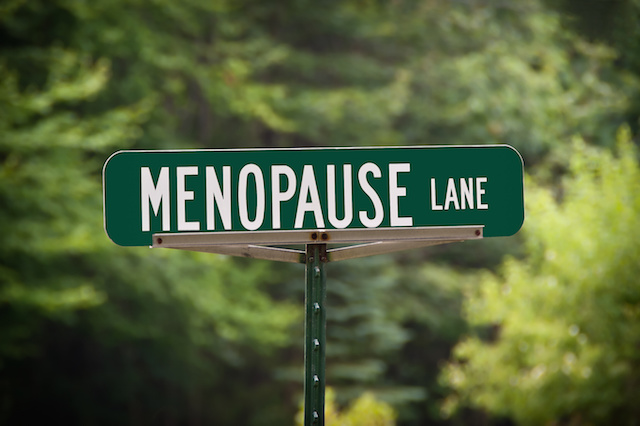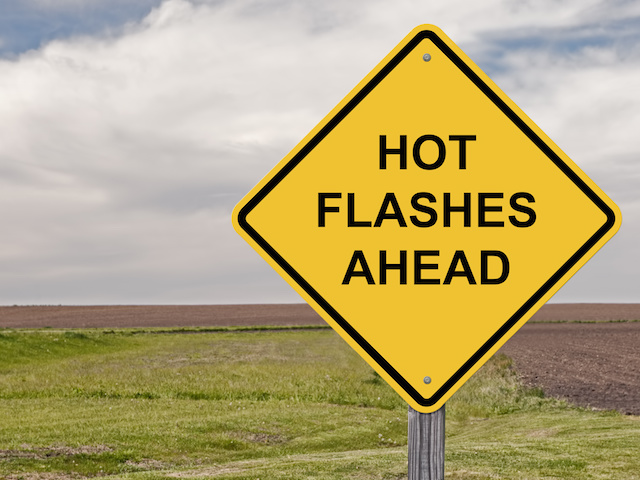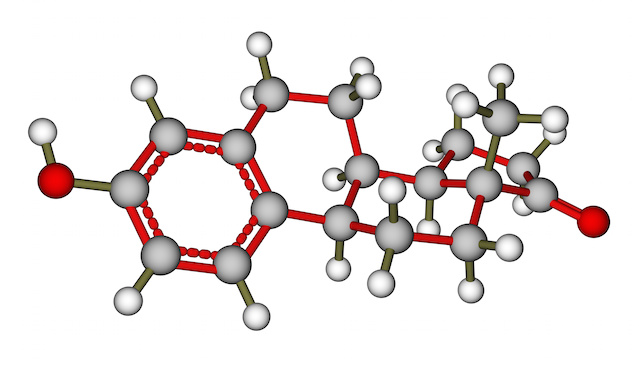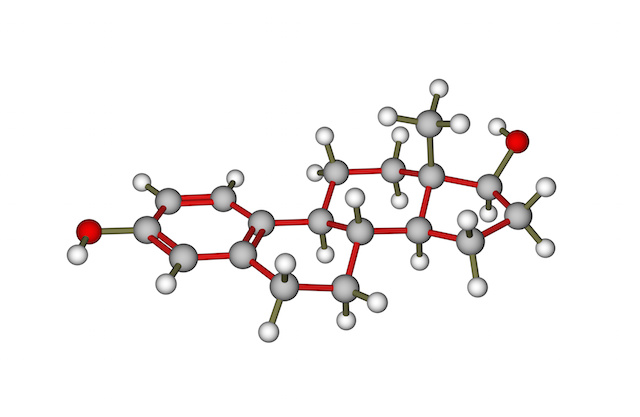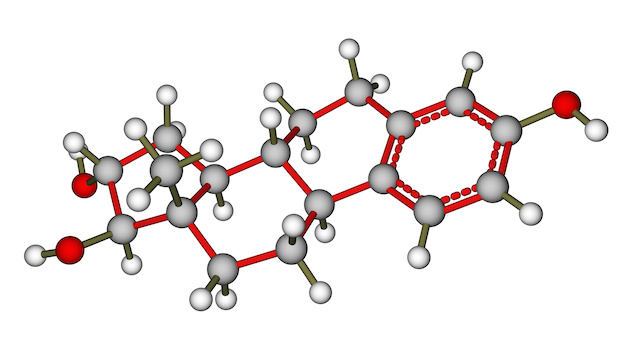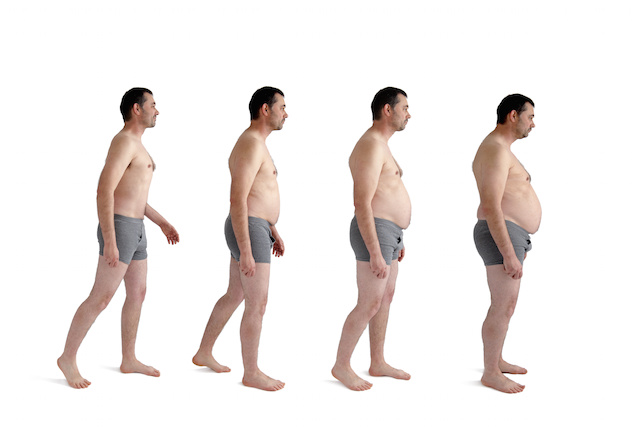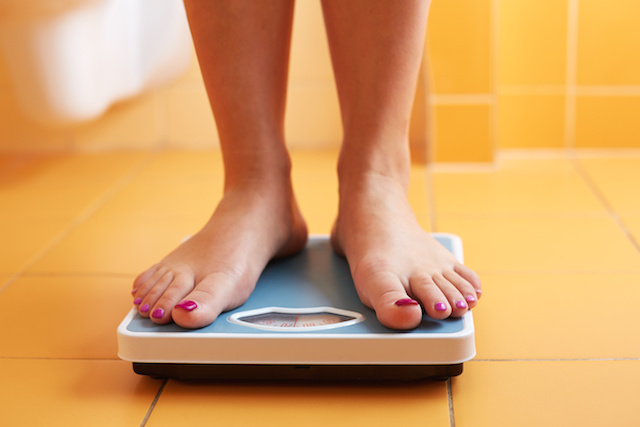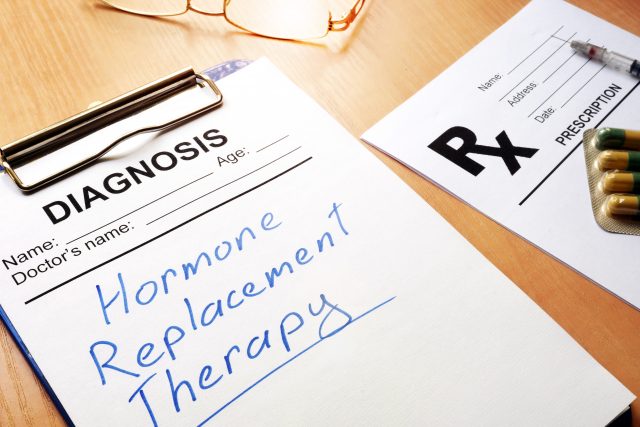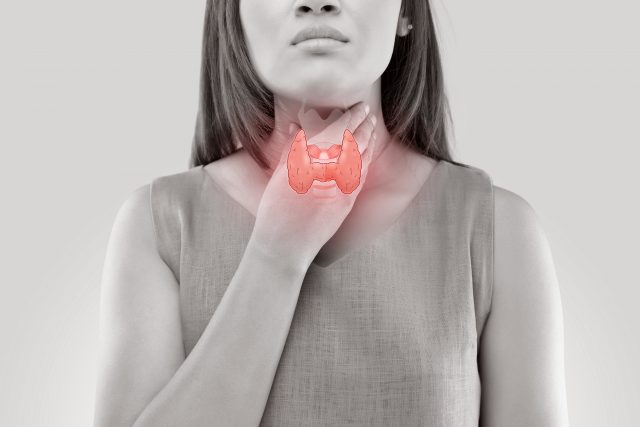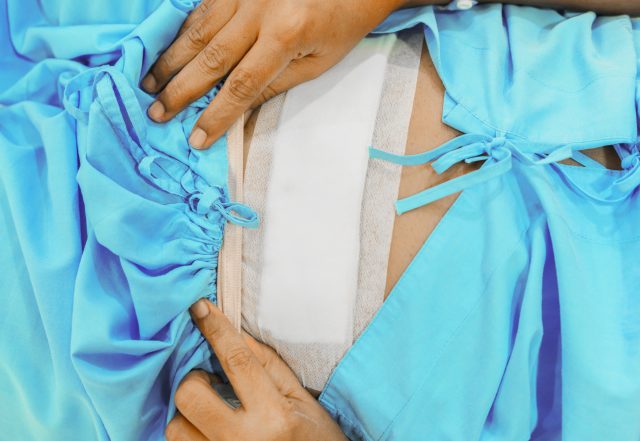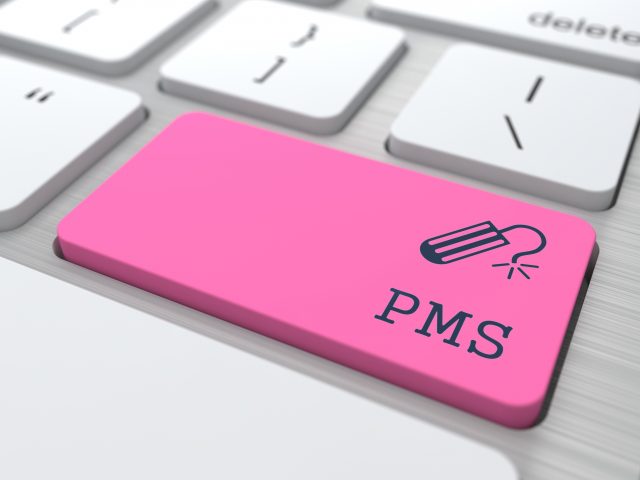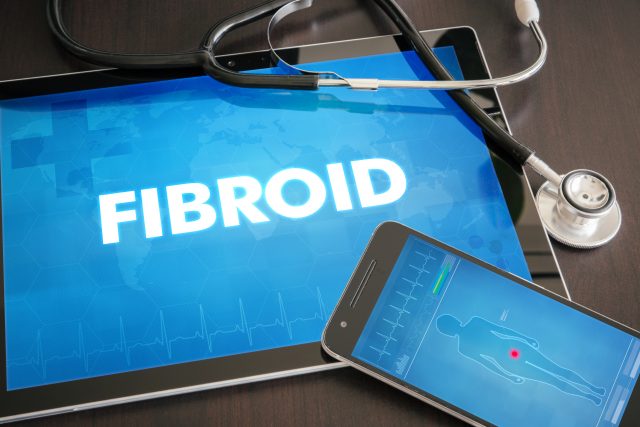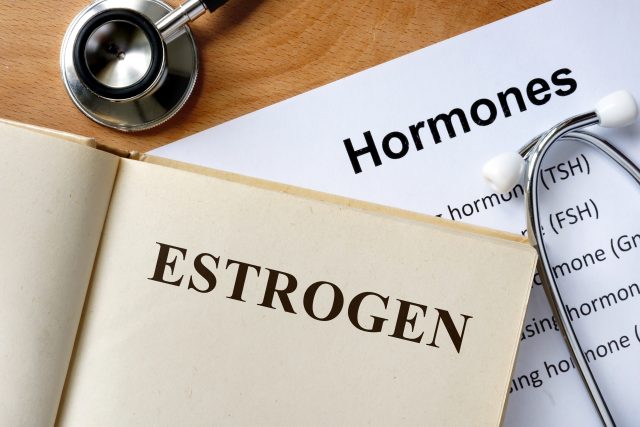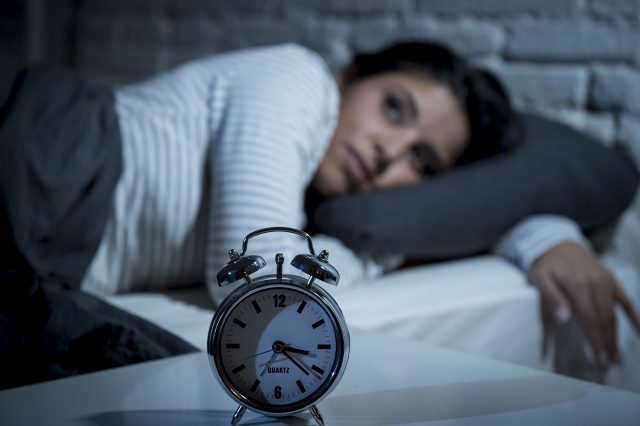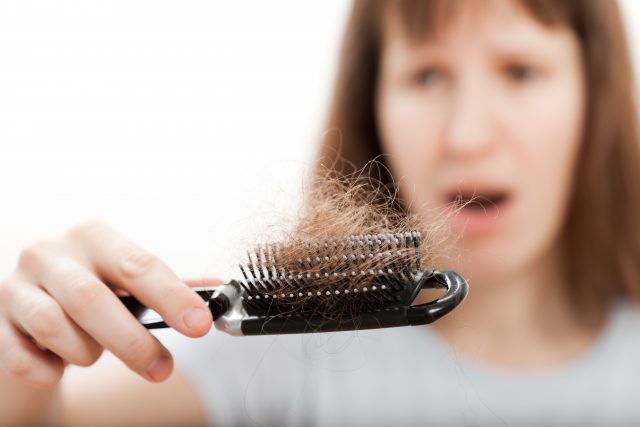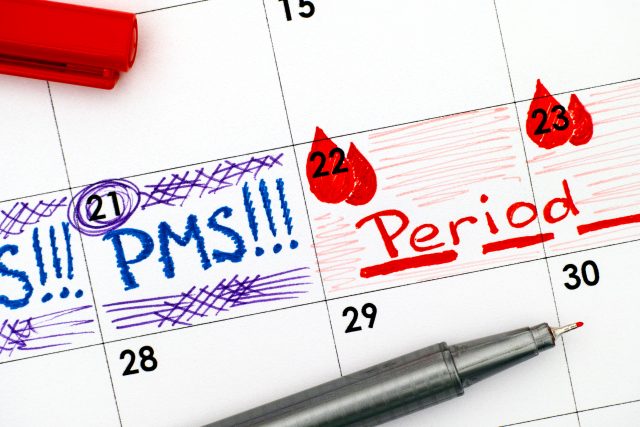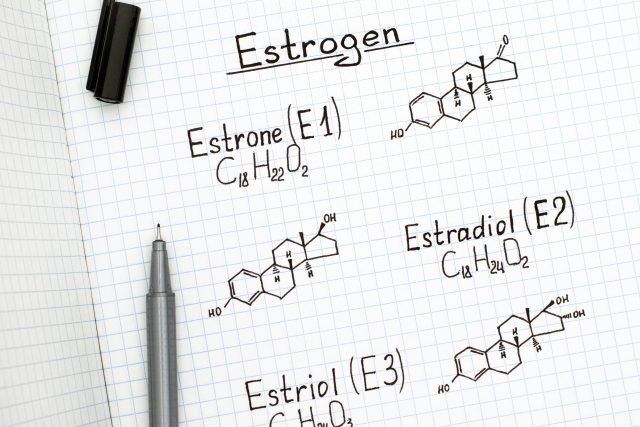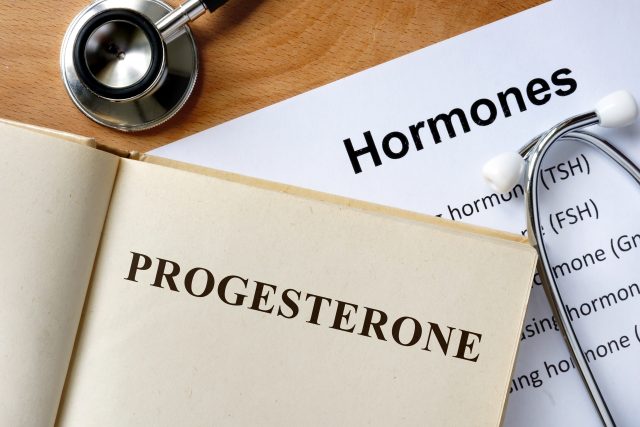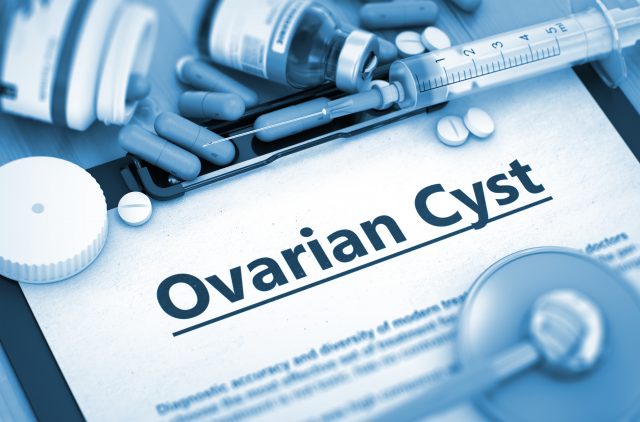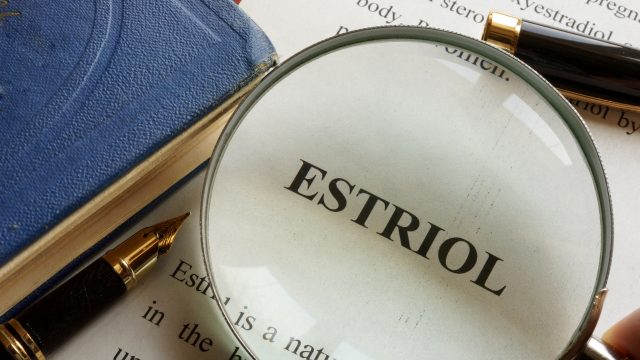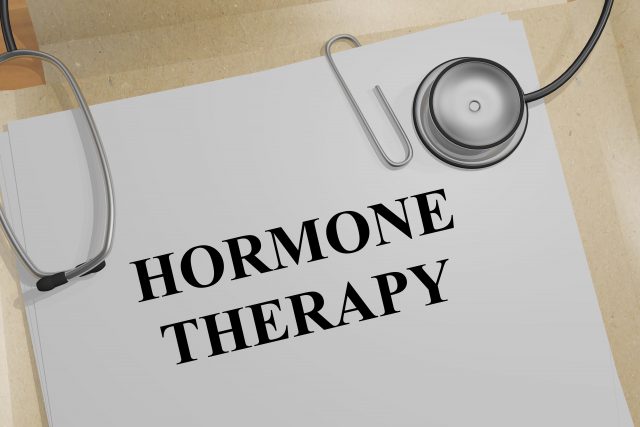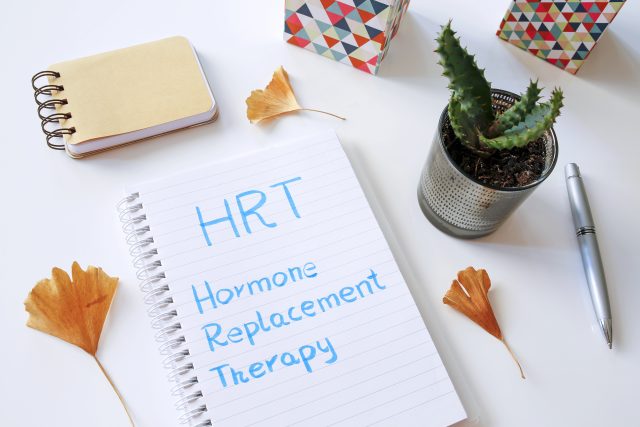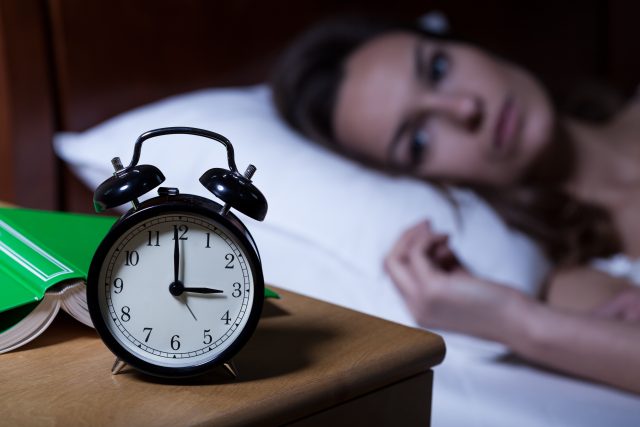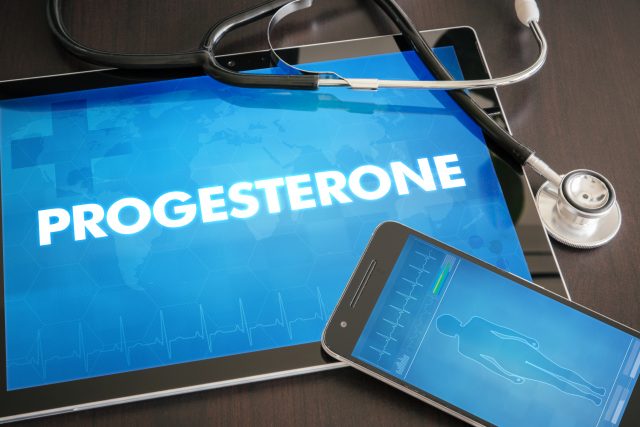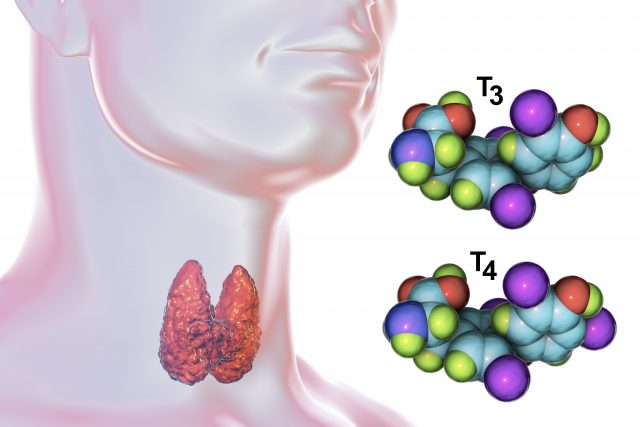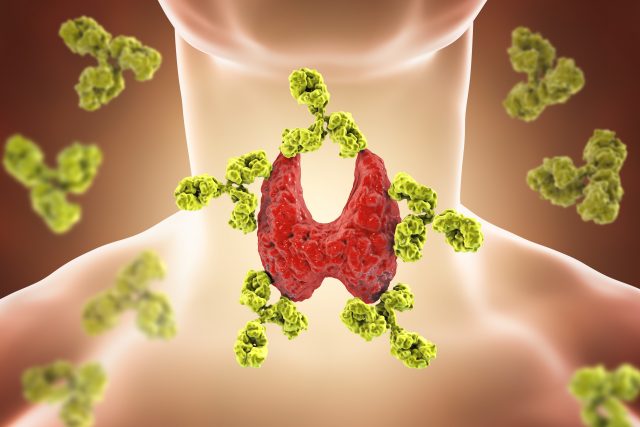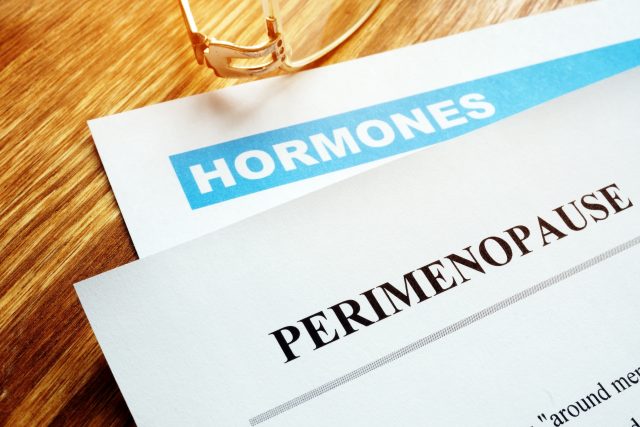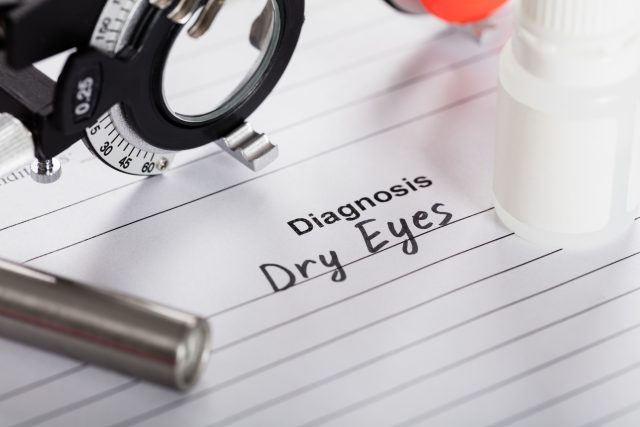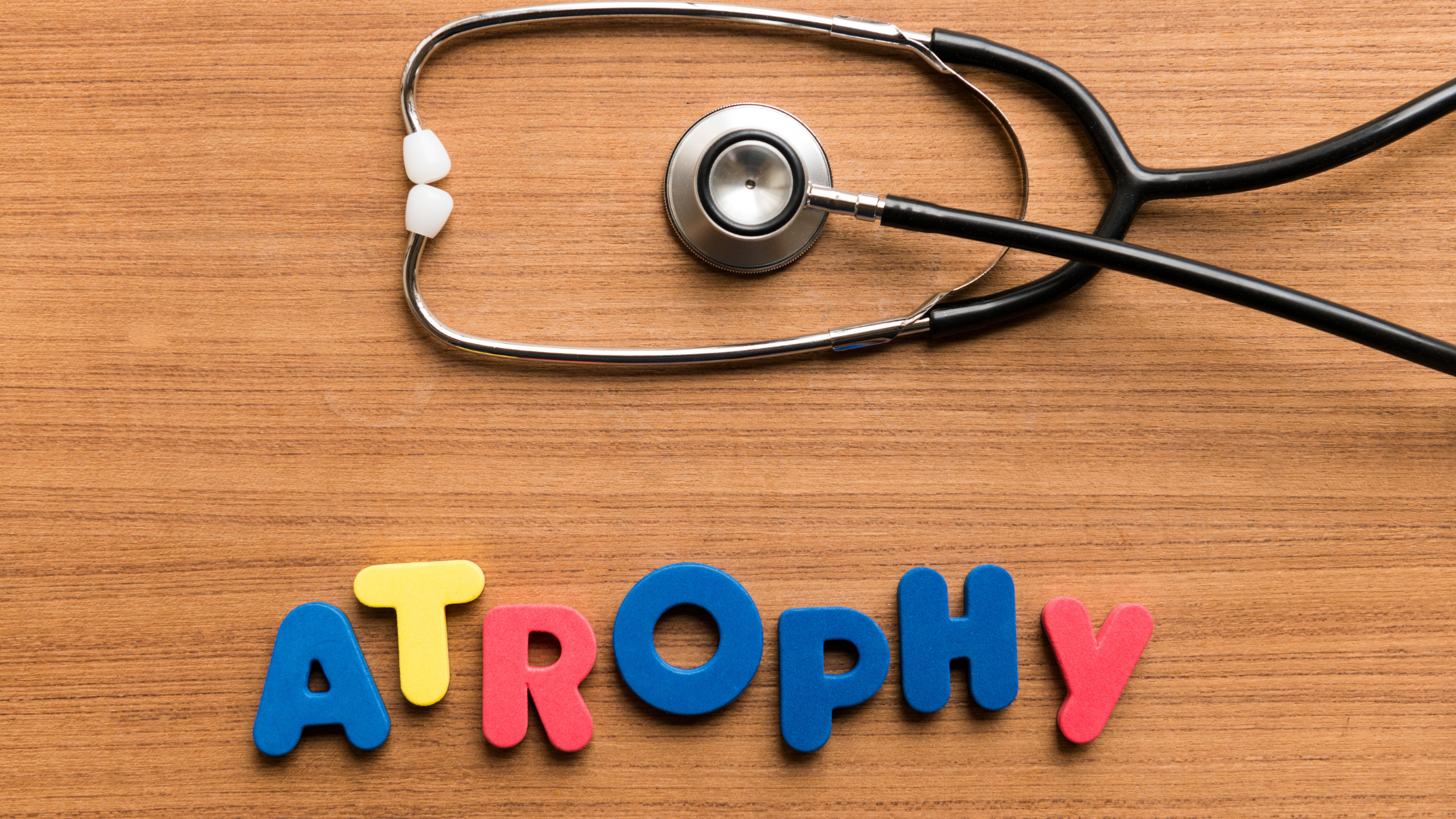Which Test For Hashimoto?
Hashimoto’s Thyroiditis has been around for a long time, but not entirely recognized until recently. Archaic dogma assumes if you have hypothyroid you have Hashimoto’s disease. And the treatment is singular, Synthroid/levothyroxine; however, Hashimoto’s is so much more than hypothyroid. Hashimoto’s disease is an autoimmune disorder in which the immune system attacks the thyroid, which results in hypothyroid and a multitude of autoimmune symptoms throughout the entire body.
Recently brave celebrities are coming forward talking about their battle with Hashimoto’s. The public is creating forums to discuss their Hashimoto’s. People are writing blogs and books about their Hashimoto’s disease. Finally, functional medicine and progressive doctors are treating Hashimoto’s as an entity itself.
I cannot tell you how many times I have had a new patient see me for Hashimoto’s disease, and they cannot answer how they got diagnosed. Or ask me, “how do I get tested for Hashimoto’s disease?”.
The proper tests for a Hashimoto’s diagnosis is a blood test for antibodies. The antibodies tested to diagnose Hashimoto’s disease are:
- Thyroid Peroxidase Antibodies (TPO)
- Thyroglobulin Antibodies (TGab)
Thyroid Peroxidase Antibodies (TPO):
The TPO is the most common antibody to be seen elevated in Hashimoto’s. About 75% of Hashimoto’s patients have elevated levels of TPO. The standard reference for TPO is anything less than 9iu/mL.
Thyroglobulin Antibodies (TGab):
About 5-10% of people diagnosed with Hashimoto’s disease have only TGab elevated. The reference for TGab is less than or equal to 1 IU/mL. Because having just your thyroglobulin antibodies elevated is not as common, many people with Hashimoto’s are missed. I have had many patients who have been told they do not have Hashimoto’s, but they have so many symptoms related to it. Eventually, we find out their thyroglobulin antibodies were never tested.
For example, “Michele” came to see me because she was at her wit’s end. She had been to her internist and multiple endocrinologists. Michele was taking Synthroid prescribed for her by an endocrinologist. But she kept feeling worse and worse and was upset because she wasn’t getting any answers. The latest endocrinologist told her that she didn’t have Hashimoto’s Disease and was not even hypothyroid. He kept lowering her Synthroid because her TSH was in normal range. And he wanted to take her off her thyroid medication for eight weeks and retest her thyroid. Michele already felt so bad she was afraid to stop the thyroid medication. Her family was confused and frustrated with her. Her husband thought she must be going through hormone problems or early menopause at 43 years old. And her internist, while doing his best to help her, finally said that maybe she should see a psychiatrist.
I have had many patients tell me they have been told their symptoms are in their head and recommended to see a therapist, psychologists, and psychiatrist. I do believe in the power of therapy, and everyone can use a good therapist. But it is very frustrating and disempowering to be told your physical symptoms are psychosomatic. Michele was experiencing a lot of joint pain and fatigue. Her hair was half the amount it used to be. She has no libido, menstrual problems, heart palpitations, migraines, digestive and short-term memory issues.
I ran a blood test for her thyroglobulin antibodies, and they were elevated at >900. Because thyroglobulin antibodies are not as common in Hashimoto’s, Michele’s diagnosis was missed. It did take time to work on reducing Michele’s antibodies and Hashimoto’s symptoms. But it gave her a sense of strength and hope to know, that her symptomatology was not “all in her head.”
Quick side note: Do not confuse the thyroglobulin antibodies with total thyroglobulin levels. For Hashimoto’s disease, you want the thyroglobulin antibodies. The total thyroglobulin levels are for testing patients that have had their thyroid gland removed due to cancer. Total thyroglobulin levels are used to see if part or any of the thyroid gland is growing back after thyroid removal from cancer.
I consider there are three types of Hashimoto’s disease.
- TPO-only: These are the people that have only the thyroid peroxidase antibodies elevated: about 75% of Hashimoto’s patients.
- TGab-only: The people that have only the thyroglobulin antibodies elevated: about 5-10% of Hashimoto’s patients.
- Mixed TPO/TGab: The people that have BOTH thyroid peroxidase antibodies and thyroglobulin antibodies elevated: about 15% of Hashimoto’s patients.
From working with Hashimoto’s patients for over a decade, patients with the mixed (both TPO and TGab) seem to have more symptomatology than those with TPO or TGab only. Hashimoto’s disease is an autoimmune disease where the immune system is attacking healthy thyroid tissue. I feel if you have both TPO and TGab it’s like having “two-armies” attacking your thyroid instead of one.
What does the Hashimoto’s antibody level mean?
The goal with Hashimoto’s antibodies is to try to get the levels to reduce as much as you can. I have had some patients with antibodies so high, and the blood test cannot get an accurate value. I have seen TPO antibodies >2000 and TGab >900. The lower the antibodies, the lower the autoimmune reaction against the body.
I do find a correlation between symptoms of Hashimoto’s and the level of antibodies in the bloodstream. “Michele” from above, her thyroglobulin antibodies were so high (>900), that the blood test could not get an accurate value. We got right to work utilizing a multifactorial plan implementing medication, supplementation, dietary and lifestyle management. After three months her TGab was still >900, but Michele only felt slightly better. Another three months later her TGab was 755, she felt much better, and we were on our way.
Another example, “Debe” came to see me for her Hashimoto’s hypothyroid symptoms. I asked her, “Do you know which antibodies you have and what their levels are?”. Debe did not, but that is understandable as most people don’t. I think it is important to educate patients about what Hashimoto’s is and what the antibodies are. And we are not only going to work on symptoms but also watch those Hashimoto’s antibodies go down.
Debe was experiencing, fatigue, hair loss, rapid weight gain (40 lbs in 6 months), confusion, anxiety, joints pain and a lot of digestive issues. At the time she came to see me, Debe was taking 88 mcg of, and her TSH was 2.9 uIU/mL. When I tested her antibodies, Debe’s TPO was 800 IU/mL, and her TGab was 36 IU/mL. Over the course of four months, I readjusted her thyroid medication and put her on a treatment plan for Hashimoto’s and her antibodies. Her antibodies reduced after four months to TPO 355 and TGab 22. Using the Hashimoto’s antibodies gives us clear objective value on the immune system attack that Hashimoto’s has on the entire body.
Debe was hypothyroid and needed thyroid medication. But let me give you another example of “Danny Lee,” Debe’s daughter. Debe was concerned because, not only did she have Hashimoto’s but her mom, and her sister did too. Debe wanted to check Danny Lee’s thyroid level and Hashimoto’s antibodies. Danny Lee’s blood work did show elevated levels TPO and TGab. But her thyroid levels of TSH, Free T3, and Free T4 were in the optimal range. Dannylee felt great, had plenty of energy and no symptoms of Hashimoto’s or hypothyroid. She did have positive antibodies for Hashimoto’s disease. Does that mean she has Hashimoto’s?
What if you have positive antibodies for Hashimoto’s, no symptoms and perfect thyroid hormone levels?
This indicates there is an immune response attacking the thyroid in the early phases. You do not have active Hashimoto’s disease, but it is the perfect time to work on the immune system and thyroid to prevent Hashimoto’s causing systemic symptoms or destroying the thyroid down the road. This means we need to monitor Hashimoto’s antibodies to make sure they do not start to elevate over time.
Thyroid Ultrasound
While it is important to have an ultrasound done if you have Hashimoto’s or hypothyroid, it is not a diagnostic tool for Hashimoto’s disease. Often hypothyroid patients can have an enlarged thyroid but no Hashimoto’s. Many people have thyroid nodules without hypothyroid or Hashimoto’s.
Getting an ultrasound is important if you are worried about a mass in the thyroid. It is important to have regular ultrasounds for patients that have hyper or hypothyroid. An ultrasound is not diagnostic for Hashimoto’s disease.
As I mentioned above, Hashimoto’s disease is now commonly treated in the medical community, but not all doctors test the Hashimoto antibodies, leaving people frustrated.
What if you cannot switch or find a new doctor to help you with Hashimoto’s? What if your doctor will not test your antibodies? What can you do? You can order the test yourself. Order the thyroid peroxidase and thyroglobulin antibodies yourself on our website.
Reasons why people might order their lab testing from our website:
- Your doctor will not run Hashimoto’s antibodies
- You want to routinely run your antibodies to see if they are reducing due to your lifestyle, medication, supplement changes
- You do not want to see your doctor because it can take up to 8 weeks for an appointment
- Your doctor makes you schedule an appointment to order blood work and another appointment to go over the results.
- You do not like waiting hours in the waiting room for your doctor’s appointment
- You do not have health insurance, and it is less costly to pay out of pocket for your labs through our website.
- You have high deductible insurance, and the cost of the blood work is less out of pocket ordering on our website.
On our website we have:
Hashimoto’s Antibodies Panel: Cost $110
- Thyroid peroxidase antibodies
- Thyroglobulin antibodies
Hashimoto’s TPO Antibodies: Cost $60
- Thyroid Peroxidase Antibodies
Hashimoto’s TGab Antibodies: Cost $60
- Thyroglobulin Antibodies
Hashimoto’s Basic Panel: Cost $199
- Thyroid Stimulating Hormone (TSH)
- Free T4 Thyroxine
- Free T3 Triiodothyronine
- Thyroid Peroxidase Antibody TPO
- Antithyroglobulin Antibody TGA
If you order after reading this blog, use the discount code: HASHIMOTOS for 25% off your order.
I want to order a lab test:
Whether you already have Hashimoto’s disease and want to follow your antibodies, or you want to see if you have Hashimoto’s. You can order your test online through our website.
Step 1: Click on the link and purchase the lab test/panel of your choice.
Step 2: You will receive a lab requisition via email within one business day
Step 3: Print up the lab requisition form.
Step 4: We will let you know which local lab to take your requisition form. It may be Labcorp or Quest
Step 5: You will be able to download your results via a secure, encrypted account online, HIPPA compliant.
How long does it take to get the results and how do I get the results?
Results take 2-4 business days but can arrive sooner. Your results will be available to you via a secure, encrypted account so that you can download a digital copy.
I am sorry, but we do not accept insurance, and you have to be over the age of 18 to order tests through ProgressYourHealth.com.
